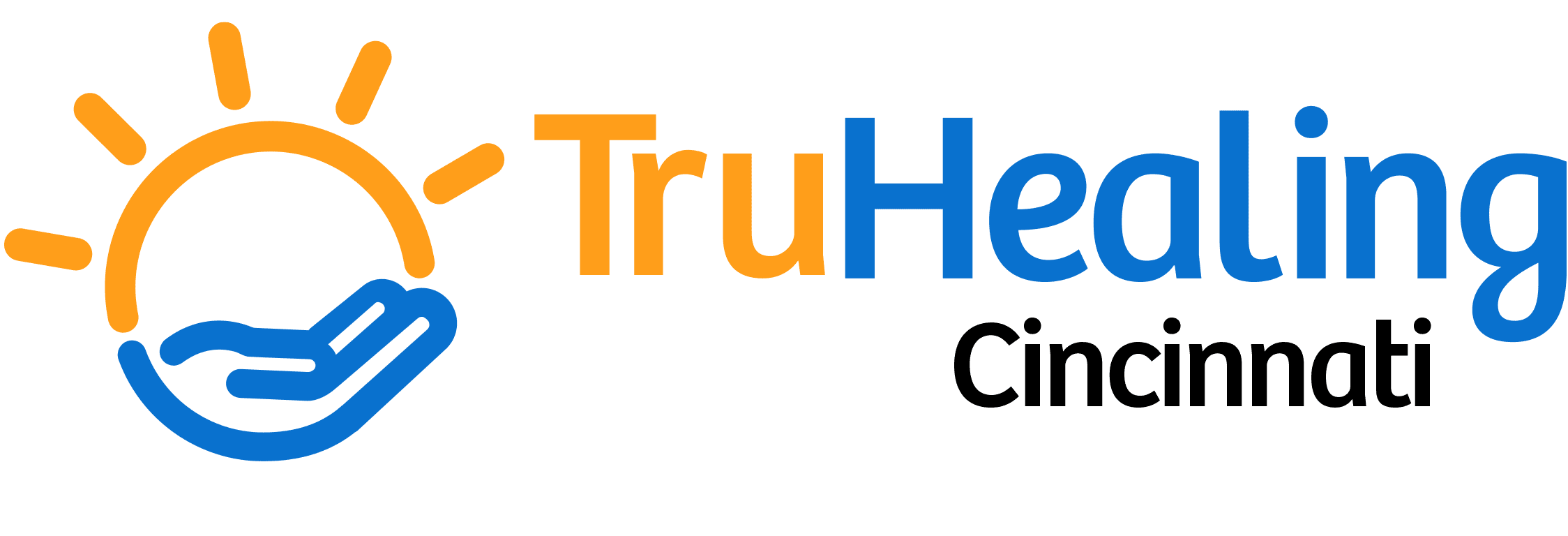What does it mean if a drug is a gateway drug? Gateway drugs are simply drugs that lead to addiction. They may not all necessarily be addictive themselves, but they lead to the use of drugs that are addictive. Some gateway drugs are used for pain, mental health conditions, or insomnia, while others are used recreationally to achieve a high. Many people can use these drugs without developing an addiction to them. But not all drugs are the same. Some come with a much higher risk for addiction, even after the very first use.
TruHealing Cincinnati understands how gateway drugs can quickly and easily lead to using more highly addictive drugs. Whether you are struggling with dependence or addiction to gateway drugs or more potent, addictive drugs, we are here to help. Our full range of addiction treatment programs covers all of your needs, including treatment for prescription drugs, illicit drugs, and alcohol. For comprehensive, effective treatment for substance use disorder, give us a call at 888-89-SOBER.
What Are the Most Common Gateway Drugs?
Gateway drugs may be habit-forming, but not all of them are addictive. To some, the drugs on this list may not seem like a reason for concern, but they do increase the chances of using more dangerous, highly addictive drugs. Gateway drugs also increase the risk of health problems. The following are the most commonly used gateway drugs:
- Cigarettes and other nicotine products
- Alcohol
- Marijuana
- Prescription medications
Many people start by experimenting with these gateway drugs in their teens or early twenties. For some, it is only a temporary phase, while for others, it can lead to more addictive substances. Whether or not you develop a habit for one of these drugs that lead to addiction, they are not necessarily without their own side effects. If you or someone you love develops a dependence or addiction to any form of drugs or alcohol, it is recommended that you seek treatment from a professional addiction treatment center.
What Are the Most Addictive Drugs?
Using gateway drugs can open the door to more addictive drugs. A person may feel that they can control their usage once they have become comfortable using gateway drugs like cigarettes or marijuana. The transition to more potent drugs may not seem like a big deal, but the effects of highly addictive drugs can be much more unpredictable and potentially dangerous. While young people are more likely to experiment with drugs and alcohol and can be more vulnerable to the transition between gateway drugs and highly addictive drugs, people of any age can fall victim to addiction.
If you or someone you know is considering moving on from gateway drugs to other substances, you should be aware of the most addictive drugs to help you potentially avoid addiction. Some of the most addictive drugs are:
- Nicotine (both a gateway drug and a highly addictive drug)
- Alcohol (another highly addictive gateway drug)
- Cocaine
- Methamphetamine
- Heroin
You may have noticed that nicotine and alcohol are on both lists as gateway drugs and highly addictive drugs. These are also widespread addictions since they are legal substances and can be easily obtained. For most young people, these are the top two substances of choice if they experiment with drugs.
Learn More About Drugs That Lead to Addiction at TruHealing Cincinnati
Highly addictive drugs can feel nearly impossible to quit. TruHealing Cincinnati provides evidence-based treatment that is proven to help you recover from even the most addictive drugs. Our whole-person approach to healing combines medication, therapy, support, holistic wellness, and fitness regimens. Whether you choose residential treatment or one of our convenient outpatient programs, you are sure to achieve the lasting recovery you deserve. Do not allow addiction to continue to control your life. Take your power back by calling us today at 888-89-SOBER and getting started with our highly effective, science-backed treatment.

